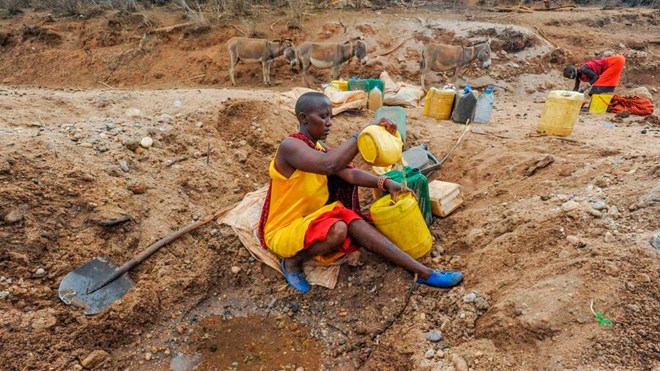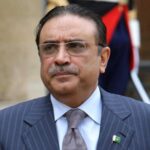NAIROBI, Kenya – At least one-third of Africans on the continent have no certainty of accessing clean and safe water in latest data that signals that no country has yet achieved ‘effective’ stage of water security.
The data shows that 19 countries fall below the threshold of having at least 45 percent accessing clean and safe drinking water. These countries host about 500 million people.
Despite the establishment of Sustainable Development Goal 6 (SDG 6) and commitment to “ensure availability and sustainable management of water and sanitation for all”, just 29 African nations have made some progress over the past three to five years, 25 have made none, according to the UN’s first-ever assessment of water security in Africa.
Water Security in Africa: A Preliminary Assessment, published by the UN University’s Canada-based Institute for Water Environment and Health, assessed 10 indicators to quantify water security in Africa’s 54 countries.
“Overall levels of water security in Africa are low. Not a single country let alone a sub-region has at present achieved a state that can be seen as ‘model’ or even ‘effective’ stage of water security,” said UNU-INWEH author Grace Oluwasanya.
“This assessment for African countries aimed to create a quantitative starting point and a platform for subsequent discussions with national, regional and international agents,” said co-author Duminda Perera.
“As this quantitative tool develops, it will help generate targeted policy recommendations and inform decision-making and public-private investments toward achieving water security in Africa.”
Egypt, Botswana, Gabon, Mauritius and Tunisia are Africa’s top five most water-secure countries in Africa, yet with only modest absolute levels of water security achieved. Somalia, Chad and Niger are the least water-secure countries in Africa.
UN definition
There has been little progress in national water security of most African states over the past three to five years. As 29 countries made some progress, the other 25 made none.
The UN defines water security as the ability of a population to ensure sustainable access to sufficient, safe water for livelihoods, well-being, and development while protecting against pollution, disasters, and preserving ecosystems in a peaceful and stable climate.
Access to drinking water ranged from 99 percent in Egypt to 37 percent in the Central African Republic, and between sub-regions from 92 percent in North Africa to 62 percent in Central Africa.
Africa’s average basic drinking water service is 71 percent, “leaving behind some 29 percent of the total population” or more than 353 million people.







